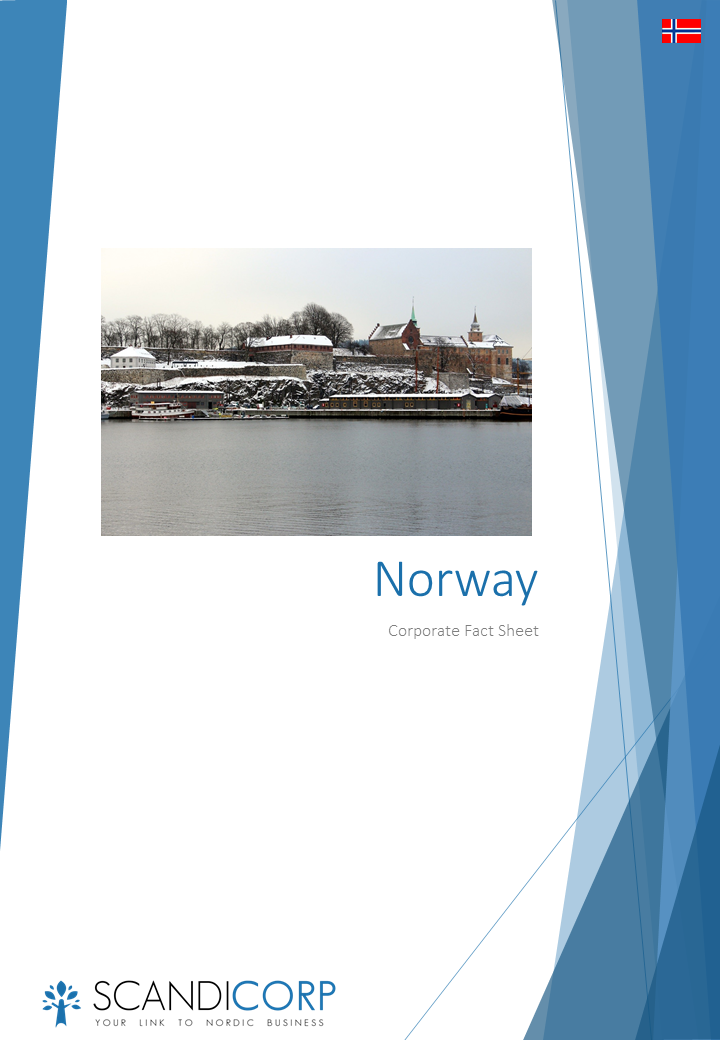Sweden is known for its thriving business environment, attracting entrepreneurs from around the world. If you’re considering starting a business in Sweden, Scandicorp is here to help.
As a company focused on assisting people outside Sweden in setting up their ventures, Scandicorp has the expertise to guide you through the process.
In Sweden, there are several business structures to choose from, including Sole Trader (Enskild Näringsidkare), Trading Partnership (Handelsbolag), Limited Partnership (Kommanditbolag), and Limited Company (Aktiebolag).
Scandicorp can help you determine the most suitable structure for your business needs.
One of the most popular choices is the Limited Company (Aktiebolag). To start a limited company in Sweden, you’ll need to register with the Swedish Companies Registration Office (Bolagsverket). The process involves submitting various documents and paying the required registration fees. Scandicorp can assist you in preparing the necessary paperwork and ensuring a smooth registration process.
But what if you’re a foreigner looking to start a business in Sweden? The good news is that you can, but there are residency and visa requirements to consider. Non-EU citizens may have additional requirements to fulfill. Scandicorp can help you navigate the legal aspects and ensure compliance with Swedish regulations.
Registering your business in Sweden typically takes a few weeks, depending on the complexity of your case. Scandicorp can help streamline the process by handling the registration on your behalf, saving you time and effort.
If you plan to start a business in Sweden with a work permit, Scandicorp can guide you through the eligibility criteria and application process. We can also assist in obtaining work permits for entrepreneurs, allowing you to focus on building your business.
Starting a company in Sweden does come with costs, such as registration fees and minimum share capital requirements. Scandicorp can help you budget and plan for these expenses, providing transparency and clarity throughout the process.
In conclusion, starting a business in Sweden is an exciting opportunity, and Scandicorp is committed to helping foreign entrepreneurs navigate the process. With their expertise and personalized assistance, you can confidently establish your venture in Sweden. Contact Scandicorp today to take the first step towards your entrepreneurial dreams in Sweden.
Please read more about how to start a business in Sweden on this article: https://scandicorp.com/doing-business-in-sweden/














